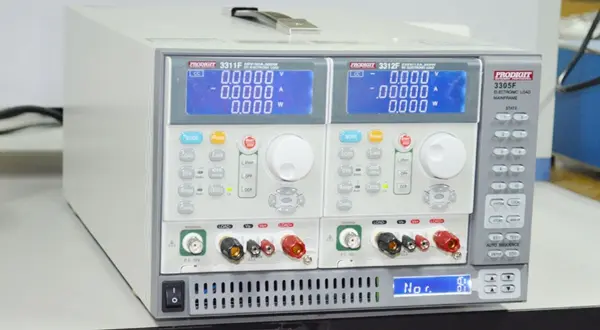
How to get SIGET Certification in El Salvador?
In El Salvador, the regULatory body for managing telecommunications/wireless/RF devices is SIGET (Electricidad y Telecomunicaciones). There are laws such as the Telecommunications Law, along with various resolutions/decrees, which specify the allocation of radio frequencies and the rules for RF/wireless device type approval.
For wireless MICrophones, since the devices use RF (radio frequency), SIGET type approval(commonly referRED to as certification) is required:

- If the RF output power is less than 100 mW, approval is voluntary; above this, it is mandatory.
- International laboratory test reports(e.g., fcc, CE) are usually accepted; local testing is not always required.
- Certificate validity:Generally indefinite in El Salvador.
- Labeling:SIGET does not mandate any special product label.
Recommended Process
1. Determine product specifications
- Identify the wireless microphone’s frequency band, output power, modulation type, spurious emissions, etc.
- Check which RF bands are allowed in El Salvador.
2. Collect existing test reports/certifications
- If CE, FCC, or other internationally recognized RF/EMC/safety tests have been completed, these reports will be helpful.
- In many cases, these reports can substitute for local testing.
3. Prepare documentation
- Datasheets, RF exposure report, emc test report, RF measurement reports, user manual, technical specifications, photos, and factory quality system information.
4. Submit to SIGET (Type Approval)
- Submission can be done directly, through a local representative, or via a compliance service/consultant.
- Provide the prepared documents to SIGET.
5. Handle feedback
- SIGET may request clarifications or additional data.
- Provide the requested information as needed.
6. Obtain type approval certificate
- Once approved, you will receive the certificate.
- Since validity is generally indefinite, no renewal is required unless the product’s RF parameters change.
7. Import/Market the product
- Use the certificate for customs clearance.
- Label the product if required.
- Ensure packaging and manuals meet local language requirements (Spanish, etc.).
- Make sure the product complies with any expected safety or EMC standards in El Salvador.
Additional Considerations
- Frequency allocation and interference constraints:
Verify that the bands used in your design are allowed. Some bands may be restricted or reserved. SIGET will check this during approval.
- Power levels:
Higher transmitter power may be subject to stricter limits. Designing with conservative power margins can be helpful.
- Local representative:
While not always required, having a local representative is useful for communication, customs, and regulatory updates.
- Use of international labs:
Choose internationally recognized testing labs and ensure the test reports are in a format acceptable to SIGET.
- Timeline:
If all documents are ready, the process usually takes 6–8 weeks.
- Voluntary approval:
For outputs below 100 mW, SIGET approval is voluntary. However, many importers or retailers may still require it for legal certainty.
Email:hello@jjrlab.com
Write your message here and send it to us
 EMC Item – Introduction to Radiated Emission Test
EMC Item – Introduction to Radiated Emission Test
 IEC 62471 Photobiological Safety of Lamps and Lamp
IEC 62471 Photobiological Safety of Lamps and Lamp
 New European Toy Standard EN 71-1:2026
New European Toy Standard EN 71-1:2026
 EN71 Series Standards Compliance February 13, 2026
EN71 Series Standards Compliance February 13, 2026
 European Toy Safety Standard EN 71-20:2025
European Toy Safety Standard EN 71-20:2025
 EN 18031 Certification for Connected Devices on Am
EN 18031 Certification for Connected Devices on Am
 Compliance Guide for Portable Batteries on Amazon
Compliance Guide for Portable Batteries on Amazon
 2026 EU SVHC Candidate List (253 Substances)
2026 EU SVHC Candidate List (253 Substances)
Leave us a message
24-hour online customer service at any time to respond, so that you worry!




